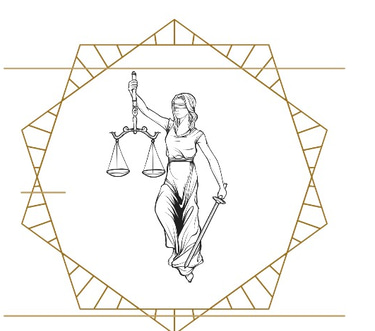Section 11(6) Arbitration Act: Arbitrator Appointment & Limitation
Understand limitation period for arbitrator appointment under S.11(6) Arbitration Act. 3-year timeline from notice, court's limited jurisdiction & Supreme Court rulings explained.
Author- Harshit R. Gupta
6/18/20253 min read


The Clock is Ticking: Deciphering the unspoken in section 11 (6) of Arbitration and Conciliation Act, 1996
In recent years, arbitration is proven to be the most effective mode of alternate dispute resolution. Besides its effectiveness, the statute that regulates the arbitration in India is silent on many aspects. Arbitration and Conciliation Act, 1996 is the statute that governs the arbitration in the country. In this article a young mind has made an attempt to explore every avenue of subsection 6 of section 11 of the Act. The provision is ambiguous on various aspects which are answered by Supreme Court in catena of judgments.
Section 11 of subsection 6 of the Arbitration and Conciliation Act, 1996 provides the manner of appointment of arbitrator where parties to the arbitration agreement fails to act in accordance
with the agreed terms. In such scenario, application for appointment of arbitration lies to the High Court or the Supreme Court, as the case may be (domestic arbitration it lies to the High Court or International commercial arbitration lies to the Supreme Court).
While deciding the application under section 11 subsection 6 of the Act, the court is deemed to be exercising pre-referral jurisdiction. At this stage the court’s jurisdiction is limited. The court conduct inquiry as to two questions that are as follows:
i. Whether the arbitration agreement exists and valid?
ii. Whether the dispute is arbitrable?
3 Critical Questions on Limitation Period
A. What is the period of limitation prescribed for the application of section 11 subsection 6 of the Arbitration and Conciliation Act, 1996?
B. Assume if any, from when the period of limitation is to be reckoned?
C. On what issues the pre-referral court would inquire under subsection 6 of section 11 of the Act, when dispute as to limitation comes before it?
With respect to issue A
Since the provision is silent on the point of period of limitation, section 43 of the Arbitration and Conciliation Act is the provision arises for consideration. Section 43 of the Act states that on arbitral proceeding The Limitation Act, 1963 applies. Schedule of the Limitation Act is also silent on the period of limitation for the application of appointment of arbitrator. Article 137 in the schedule of the Limitation Act incorporates that where the Limitation Act is silent on period of limitation for any application the period of limitation for such filing such application is three years from the date when the right accrues. Hence, conjoint reading of section 43 of the Arbitration and Conciliation Act, 1996 and article 137 of the Limitation Act, 1963 provides that period of limitation for filing an application under section 11 subsection 6 of the Arbitration and Conciliation Act is three years.
With respect to issue B
The said period of limitation is three years from the date when the right first accrues. In the case of M/S Arif Azim Co. Ltd. V. M/S Aptech Ltd., 2024 the Honorable Supreme Court held that the right is said to be accrued when a valid notice was sent to the other party and who fails to act in accordance of the agreed terms or refuse to comply with the requirements of notice.
With respect to issue C
In determining dispute as to limitation, the court applies the 2-prong test laid down in the case of M/S Arif Azim Co. Ltd. V. M/S Aptech Ltd., 2024 by the Apex Court which requires determination of two question which are as following:
i. Whether the petition under section 11 subsection 6 is barred by limitation?
ii. Whether the claims sought to be arbitrated are ex-facie dead claims?
Conclusion
At last, it is pertinent to mention that court has limited jurisdiction while deciding the application under subsection 6 of section 11of the Arbitration and Conciliation Act, 1996 as the object of the statute is to curb courts interference in the mechanism of arbitration. Hence, the determination of the issues is tested on the premises of prima facie standard and arbitrability of the subject matter is to be determined by applying the four-fold test laid by the Apex Court in the case of Vidya Drolia & Ors. V. Durga Trading Corporation, 2019.
